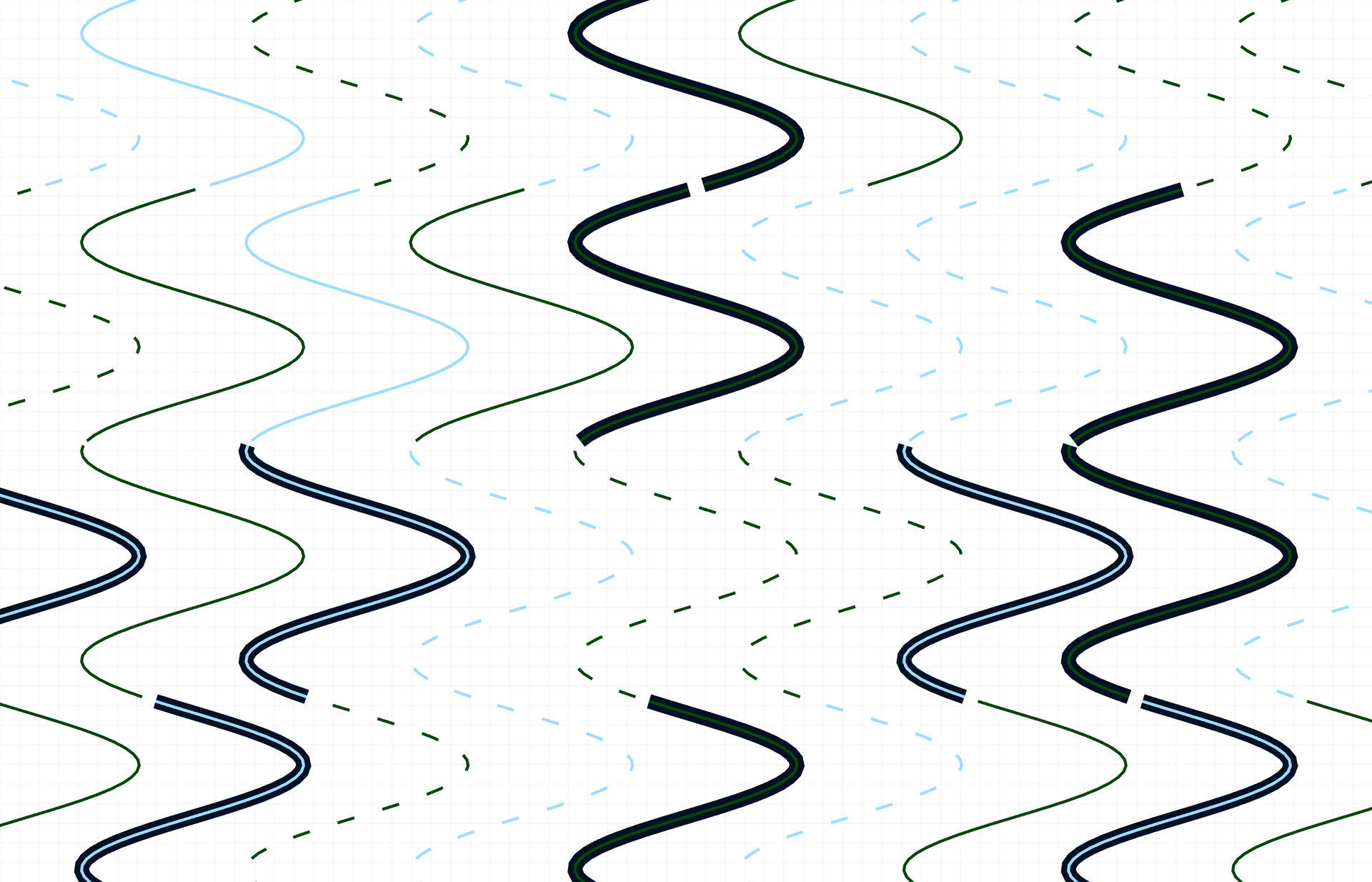Delegated Domain Allocation

TL;DR:
DDA is a modular funding model where capital is allocated through domain-specific stewards. Each steward (or group) manages a portion of the treasury for a defined focus area—like DevRel, Governance, or Research—creating scalable, parallel, and accountable funding streams.
Delegated Domain Allocation solves a common problem in large ecosystems: centralized grant committees don’t scale well. DDA breaks up decision-making by delegating funding power to trusted individuals or teams, each operating within their own domain of expertise.
Each domain has:
- A clear mandate (what it funds)
- One or more stewards (trusted decision-makers)
- A pool of capital
- Its own allocation methods (e.g. open calls, RFPs, direct grants)
This structure introduces parallelism, improves context-awareness, and reduces bottlenecks. When paired with Allo Protocol, DDA allows funding to flow transparently, with each domain operating semi-autonomously while still plugged into a broader ecosystem strategy.
Best For
- Large, multi-focus ecosystems
- Protocol treasuries with multiple workstreams
- Growing DAOs that need to scale funding without losing clarity
- Organizations needing domain-level accountability
Good At
- Mapping funding decisions to subject-matter expertise
- Running multiple allocation streams in parallel
- Reducing centralization and bottlenecks
- Increasing transparency and evaluation per domain
Dependencies / Requirements
- Clear domain definitions and scopes
- Legitimate and trusted stewards
- Defined funding methods per domain
- Oversight and evaluation for cross-domain alignment
Not Good At
- Small or early-stage orgs (can introduce unnecessary overhead)
- Environments with unclear governance or trust structures
- Funding spontaneous or cross-domain projects without coordination
Who Should Use It?
- Protocol ecosystems with technical, community, and governance domains
- Networks or DAOs with multiple teams or regional nodes
- Organizations that want to scale allocation through modularity and trust
- Communities needing both focus and decentralization
Example Use Cases
- A protocol DAO assigns domain stewards for Dev Tools, Governance, and Ecosystem Growth—each with its own pool and autonomy
- A regenerative network delegates funding to regional hubs, each stewarding capital for local initiatives
- A foundation sets up recurring DDA cycles, rotating stewards and reviewing domain performance quarterly